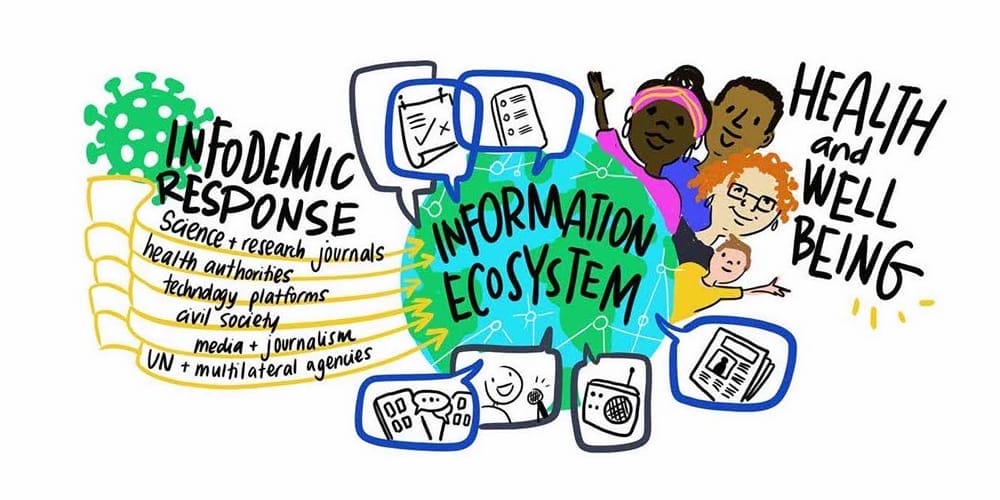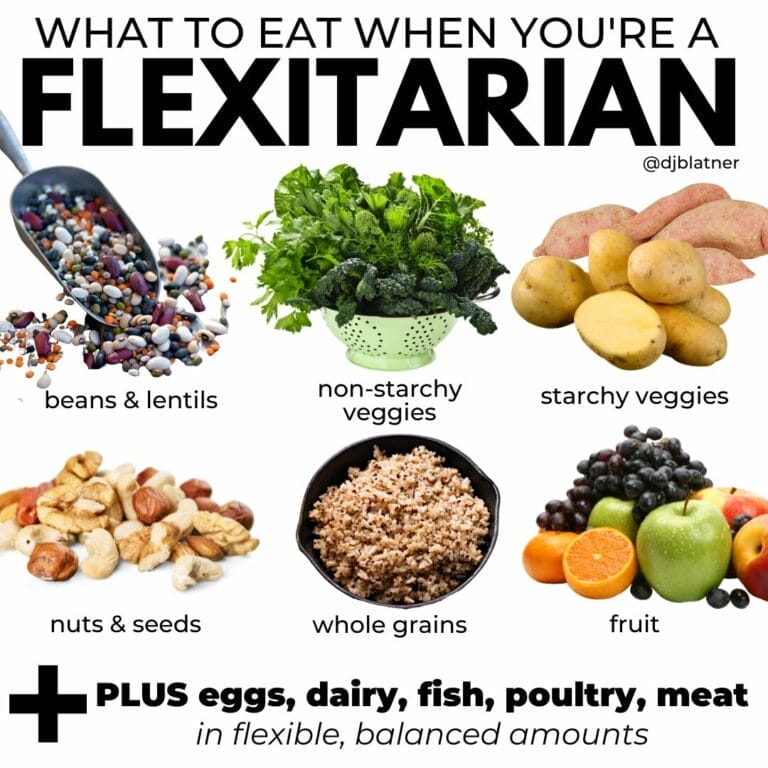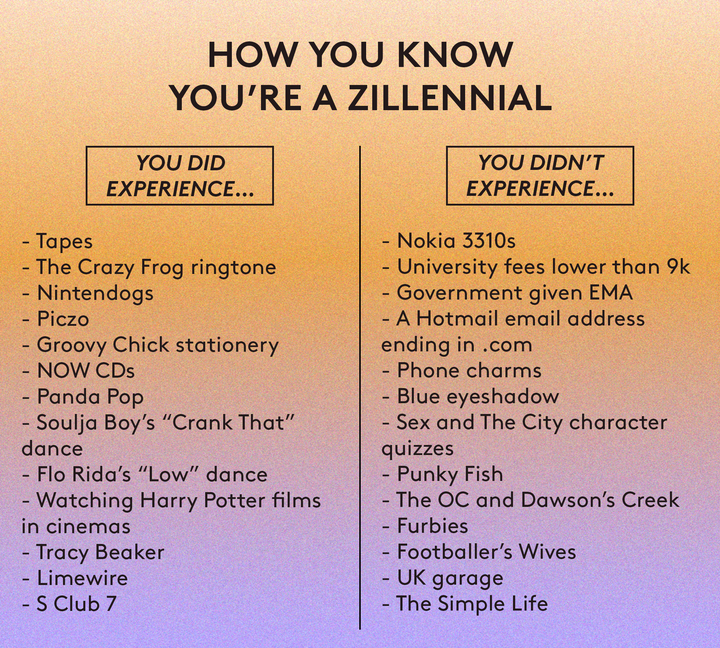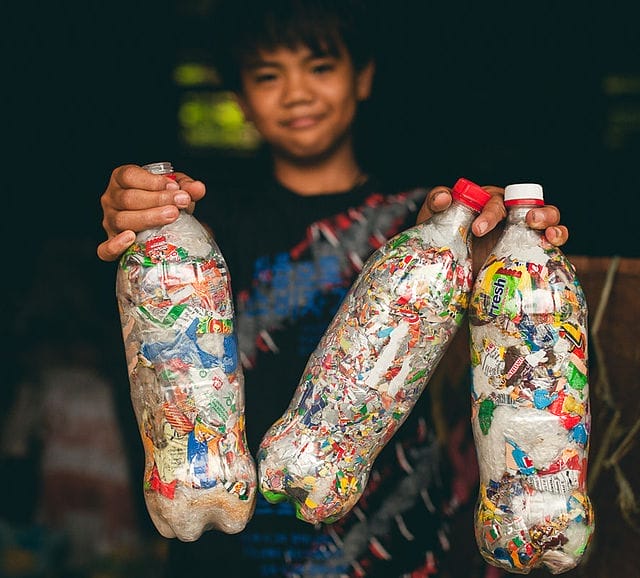10 New Words You Need to Learn Today

No Time to Read? Here’s a Snappy Summary of This Article
- Expanding Lexicon: Discover 10 intriguing new words for your vocabulary.
- Linguistic Diversity: Explore words from various languages and cultures.
- Quirky Definitions: Uncover unique meanings behind these lexical gems.
- Word Origins: Learn the fascinating etymology behind each term.
- Practical Usage: Understand how to incorporate these words into daily conversation.
- Intellectual Growth: Enhance your language skills with these enriching additions.
Table of Contents
Introduction
Language is indeed a vibrant and dynamic entity, ceaselessly transforming and adapting to the rhythm of our times. At Tropika Club Magazine, we’ve been at the heart of Singapore’s rich tapestry of cultures and languages, witnessing firsthand how new words often encapsulate the spirit of our evolving society. Drawing from our extensive experience, the wisdom of language experts we’ve consulted, and the lived experiences of our diverse readership, we invite you to join us on a journey through 10 contemporary words that have recently enriched our lexicon. Each of these words offers a unique glimpse into the nuances of our modern lives, reflecting the vibrancy and diversity of Singapore.

1. Ghost Kitchen
In the bustling culinary landscape of Singapore, the concept of ‘Ghost Kitchen’ is gaining momentum. These are kitchens designed solely for preparing delivery-only meals, with no physical space for dining in. This innovative model, spurred by the rise in food delivery apps and changing consumer preferences, represents a significant shift in the F&B industry. It’s a cost-effective solution for restaurateurs, eliminating the overheads associated with traditional dining establishments while catering to the growing demand for home-delivered gourmet experiences.

2. Doomscrolling
‘Doomscrolling’ has emerged as a poignant term in our digital vocabulary, especially resonant in Singapore’s highly connected society. It describes the act of continuously scrolling through bad news on social media and news websites, often leading to increased anxiety and stress. This phenomenon became particularly prevalent during the pandemic, as people sought to stay informed about the global crisis. The term highlights the darker side of our digital habits, where the influx of information can sometimes be overwhelming and counterproductive to our mental well-being.

3. Cottagecore
‘Cottagecore’ is a trend that romanticizes rural life and has found its way into the hearts of many Singaporeans. It’s a cultural movement that celebrates simplicity, sustainability, and a return to traditional skills like baking, gardening, and crafting. This aesthetic, characterized by floral patterns, pastel colors, and an overall rustic vibe, has influenced fashion, interior design, and lifestyle choices. In a city-state known for its urban landscape, Cottagecore offers a refreshing escape to a simpler, more serene world, resonating with those seeking a break from the fast-paced city life.

4. Infodemic
The term ‘Infodemic’, a blend of ‘information’ and ‘epidemic’, has become increasingly relevant in today’s digital age. It refers to the rapid spread of both accurate and inaccurate information, especially evident during significant global events like the COVID-19 pandemic. In Singapore, where digital literacy is high, the infodemic has posed challenges in discerning reliable information from misinformation. This phenomenon underscores the importance of critical thinking and responsible sharing of information in our interconnected world.

5. Flexitarian
‘Flexitarian’ is a portmanteau of ‘flexible’ and ‘vegetarian’, describing individuals who primarily follow a vegetarian diet but occasionally consume meat. This dietary trend is on the rise in Singapore, reflecting a growing consciousness about health, environment, and animal welfare. Flexitarians in Singapore are part of a larger global movement towards sustainable eating habits, balancing personal health benefits with ethical and ecological considerations. This dietary choice is also seen as a practical approach to reducing meat consumption without the strict constraints of a vegetarian or vegan diet.

6. Zillenial
‘Zillennial’ is a term used to describe individuals born at the intersection of Generation Z and Millennials, typically in the late 1990s to early 2000s. This group embodies a unique blend of the optimism and tech-savviness of Gen Z with the pragmatic and socially conscious traits of Millennials. In Singapore, Zillennials are recognized for their adaptability, having grown up in a rapidly changing digital landscape while still valuing the more traditional aspects of their culture. They play a crucial role in shaping trends, consumer behaviors, and societal norms, bridging the gap between two influential generations.
_
Read Also:
5 Valid Reasons why Girlfriends Bite their Boyfriends
_

7. Technostress
‘Technostress’ is a modern term that encapsulates the stress and anxiety caused by the constant use of, or interaction with, technology. In a city like Singapore, where digital integration is deeply embedded in everyday life, technostress is a growing concern. It encompasses the challenges of always being connected, the pressure to keep up with rapid technological advancements, and the impact of digital devices on mental and physical health. This term highlights the need for balance and digital wellness strategies in our increasingly tech-driven world.

8. Quaranteam
The concept of a ‘Quaranteam’ became popular during the COVID-19 pandemic, referring to a group of individuals who choose to undergo quarantine or social isolation together. In Singapore, where community and family ties are strong, quaranteaming allowed people to maintain social connections and support systems while adhering to safety measures. This practice not only helped in coping with the challenges of isolation but also fostered a sense of solidarity and collective responsibility during uncertain times.

9. Ecobrick
An ‘Ecobrick’ is a sustainable building block created by packing clean and dry non-biodegradable waste into a plastic bottle. This innovative concept has gained traction in Singapore as part of the larger movement towards environmental conservation and waste management. Ecobricks can be used in various construction projects, from small household items to larger community structures, offering a creative solution to plastic pollution. This initiative aligns with Singapore’s vision of a clean and green city, encouraging individuals to take an active role in recycling and sustainability.

10. Virtual Travel
‘Virtual Travel’ became a buzzword during the travel restrictions imposed by the pandemic. It refers to the experience of exploring different places and cultures through digital means, such as virtual tours, online travel guides, and interactive maps. In Singapore, where travel is a beloved pastime, virtual travel offered an alternative way to satisfy wanderlust. It allowed Singaporeans to embark on global adventures from their homes, exploring world heritage sites, famous museums, and exotic locations through their screens. This concept demonstrates the resilience and adaptability of the travel industry and the enduring human desire to explore and connect with the world.
Conclusion
These 10 words are not just new entries in our dictionary; they are reflections of our evolving world. As Singapore continues to navigate the complexities of modern life, these terms offer insight into our collective experiences, challenges, and innovations.

Frequently Asked Questions (FAQ)
Q: Are these new words commonly used in Singapore?
A: While some of these words may not be commonly used in everyday conversation in Singapore, they are still fascinating additions to your vocabulary that can make you stand out.
Q: How can I remember these new words?
A: One effective way to remember new words is to use them in context. Try incorporating them into your writing or conversations, or create flashcards for quick review.
Q: Can I find these words in English dictionaries?
A: Many of these words may not be found in traditional English dictionaries but can be found in online resources or specialized lexicons.
Q: Do these words have specific cultural significance?
A: Some of these words may have cultural origins or significance, adding depth to their meanings. Exploring their cultural context can enhance your understanding and appreciation of these terms.
Q: Are there similar words in other languages?
A: Yes, many languages have unique words that capture concepts not easily translated into English. Exploring words from different languages can broaden your linguistic horizons.
Q: How can I use these words effectively in conversation?
A: Practice using these words in context to ensure they flow naturally in conversation. Consider the tone and audience when incorporating them into your speech.

Have an Article to Suggest?
Tropika Club is always looking for new and exciting content to feature in their magazine and they value the input of our readers. If you have any noteworthy content or articles that you believe would be a great addition to Tropika Club’s magazine, we are open to suggestions and encourage you to reach out to us via email at [email protected]. By doing so, Tropika Club values your expertise and knowledge in the matter and appreciates your willingness to help. We will review your recommendations and update our list accordingly
Meanwhile, Check Out Tropika Club’s Ecosystem of Websites
Tropika Club Magazine – Tropika Club Magazine is a Singapore-based publication that features articles on a wide range of topics with a focus on local businesses and content for the region. The magazine emphasizes supporting local businesses through its #SupportLocal initiative, which includes coverage of everything from neighborhood hawker stalls to aesthetic clinics in town. In addition to highlighting local businesses, Tropika Club Magazine also covers a variety of local content, including beauty, lifestyle, places, eats, and what’s on in Singapore and the Asia Pacific region.



